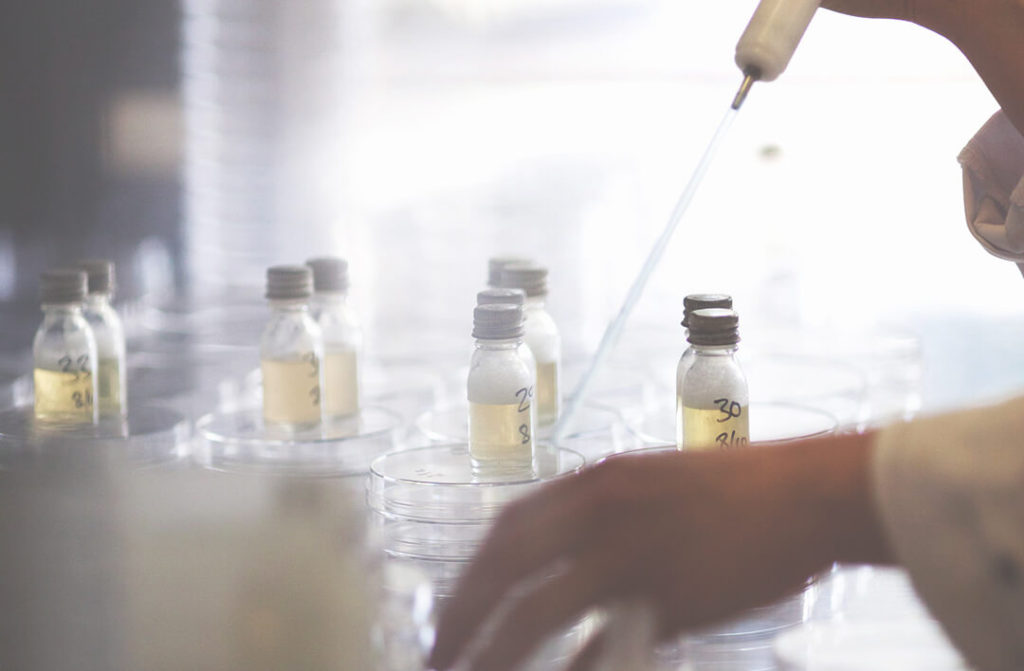Sustainability definition: Avoidance or minimisation of use of natural resources in order to maintain an ecological balance. For beauty products, this means a number of things: a clean product without the guilt, personal environmental stewardship, keeping up with environmental trends and having clear identifiable sustainability labels.
- THE GREEN SEAL OF APPROVAL
Because our buying decisions for beauty products are based on personal values. These values are more important than the cost of convenience. The environmental and social impact of the products that we use is something we care about. Cruelty free, reduced environmental impact in the creation and consumption of our beauty products, as well as clear label information to help us make better informed buying decisions. A standard to help navigate the aisles while we shop for solutions for our skin care needs.
The green seal of approval is more than the claims. Did you know that 95% of emissions are within the supply chain?. This means that now, more than ever, the way our products are made has a profound impact on natural capital and climate change. The ingredients, the toxicity of products when used, how they enter into the environment after use and the pollutants along the supply chain all play an important part in making environmental and sustainable beauty products.
- A LITTLE SUSTAINABLE FACT
One beauty product can be made by up to 100 suppliers. Battling for a more sustainable supply chain, the industry’s challenges and opportunities are still left to independent agencies and are still not governed by one unified agency.
As new technologies and practices make way for future policy, credibility and reputation are at the helm. Packaging processes and commitment to social value and ingredient composition is where younger and independent brands have the advantage.
Speaking at Packaging Innovations London last week, Zeze, Malée founder, delivered a keynote presentation where she explored the sustainability issues that still are challenges in the cosmetics and personal care industry.
Being labelled a ‘Green’ brand is heavily marketed, undeniable and heavily facilitated by the ‘Green’ labels from several independent organisations, yet there is a world of difference when you consider what ‘Green’ manufacturing is.
“Cool kids always inform what the norm becomes”
The strengths of small, independent brands is in their ability and commitment to real, authentic brand stories and social value. This is the backbone of the Malée story. Like many other independent brands, we are the cool kids.
Zeze truly believes that sustainable production, innovation and reduced packaging while supporting and investing in local artisan communities is important to create a sustainable supply chain.
Zeze Oriaikhi-Sao is an entrepreneur, influential speaker, podcast host, blogger, freelance columnist, social media personality and brand consultant










